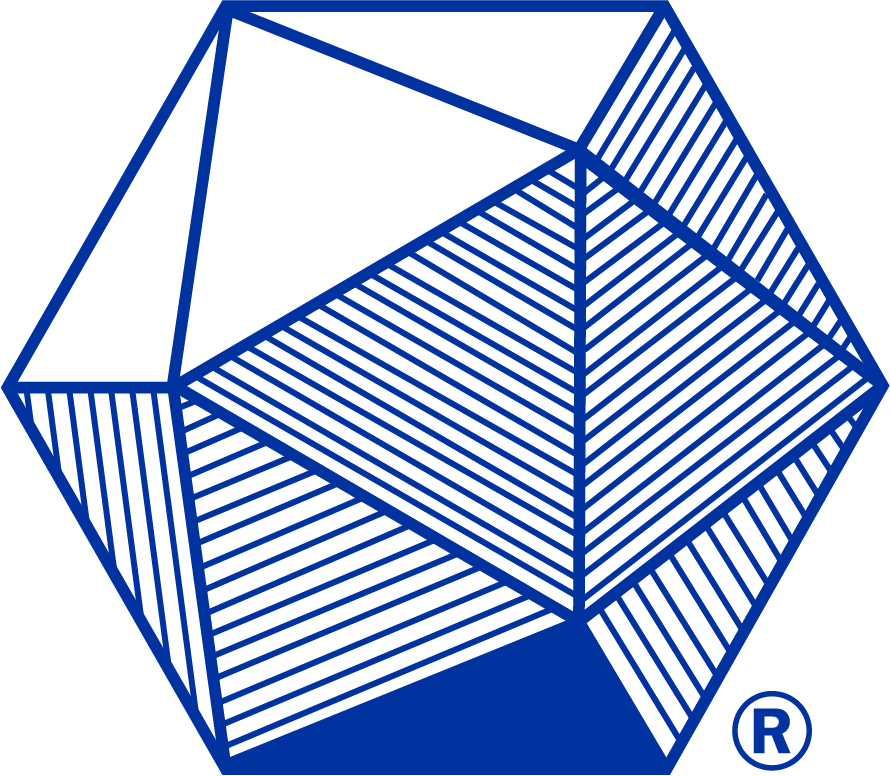Saturday – Oct 5
Location: 1250
-
- Time:
- 1:45 pm – 2:05 pm
- Title:
- A Translation Project
- Speaker:
- Gary Towsley (SUNY Geneseo)
Abstract
I am working on translating a treatise on algebra from Italy from 1350. The process has so far been both mathematically and historically interesting. I will talk about the treatise itself and the difficulties I am encountering with the translation.
-
- Time:
- 2:15 pm – 2:35 pm
- Title:
- Can circle inversions be interesting?
- Speaker:
- Daniel M Look (St Lawrence University)
Abstract
Dynamically speaking, inverting points about a circle in a plane is pretty boring. Do it twice and you're right back where you started. However, with some simple changes we can create a fascinating dynamical system from this operation. We'll chat about the dynamics of this map, exploring the parameter space (this is analogous to the Mandelbrot set) and associated Julia sets. We'll do this exploration using student-created programs for visualizing Julia sets and dynamical systems.
Saturday – Oct 5
Location: 1300
-
- Time:
- 1:15 pm – 1:35 pm
- Title:
- A Quick Workshop on Birthday Magic Square and Why Emperor Charlemagne Magic Squares are Unique.
- Speaker:
- Hossein Behforooz (Utica University)
Abstract
Abstract: In this talk after a brief introduction on magic square we will discuss on the uniqueness of the famous Pentagon Magic Squares of Emperor Charlemagne and then you will create a four-by-four magic square with your birth date with many interesting properties. You will love it. Join us and do not miss it. Let’s see, although MATH is another Four-Letter Word, but MATH is FUN.
-
- Time:
- 1:45 pm – 2:05 pm
- Title:
- An Introduction to Combinatorial Game Theory
- Speaker:
- Matt Coppenbarger (Rochester Institute of Technology)
Abstract
Combinatorial Game Theory is based on a simple and intuitive recursive definition of games, which yields a very rich algebraic structure: games can be added and subtracted in a very natural way, forming an abelian group with a partial ordering. The talk will also introduce some of the fundamental games that motivates the theory (such as Nim, Domineering, Hackenbush, and Go).
-
- Time:
- 2:15 pm – 2:35 pm
- Title:
- Fisher Information and the Rao-Cramer Inequality
- Speaker:
- James Marengo (RIT)
Abstract
The Rao-Cramer Inequality was discovered in the 1940's. It gives a positive lower bound for the variance of any unbiased estimator of an unknown parameter which is based on a random sample taken from a population which depends on this parameter. This lower bound is expressed in terms of the Fisher Information available in a single observation from this population. This inequality acts as an uncertainty principle in the sense that it puts a limit on the precision associated with this estimation. The speaker will give a simple proof of this result after defining the necessary terminology. We will then look at some examples and we investigate the issue of whether(or not) the lower bound is always attainable. This talk should be accessible to any undergraduate who has taken a calculus-based course in probability and statistics.

